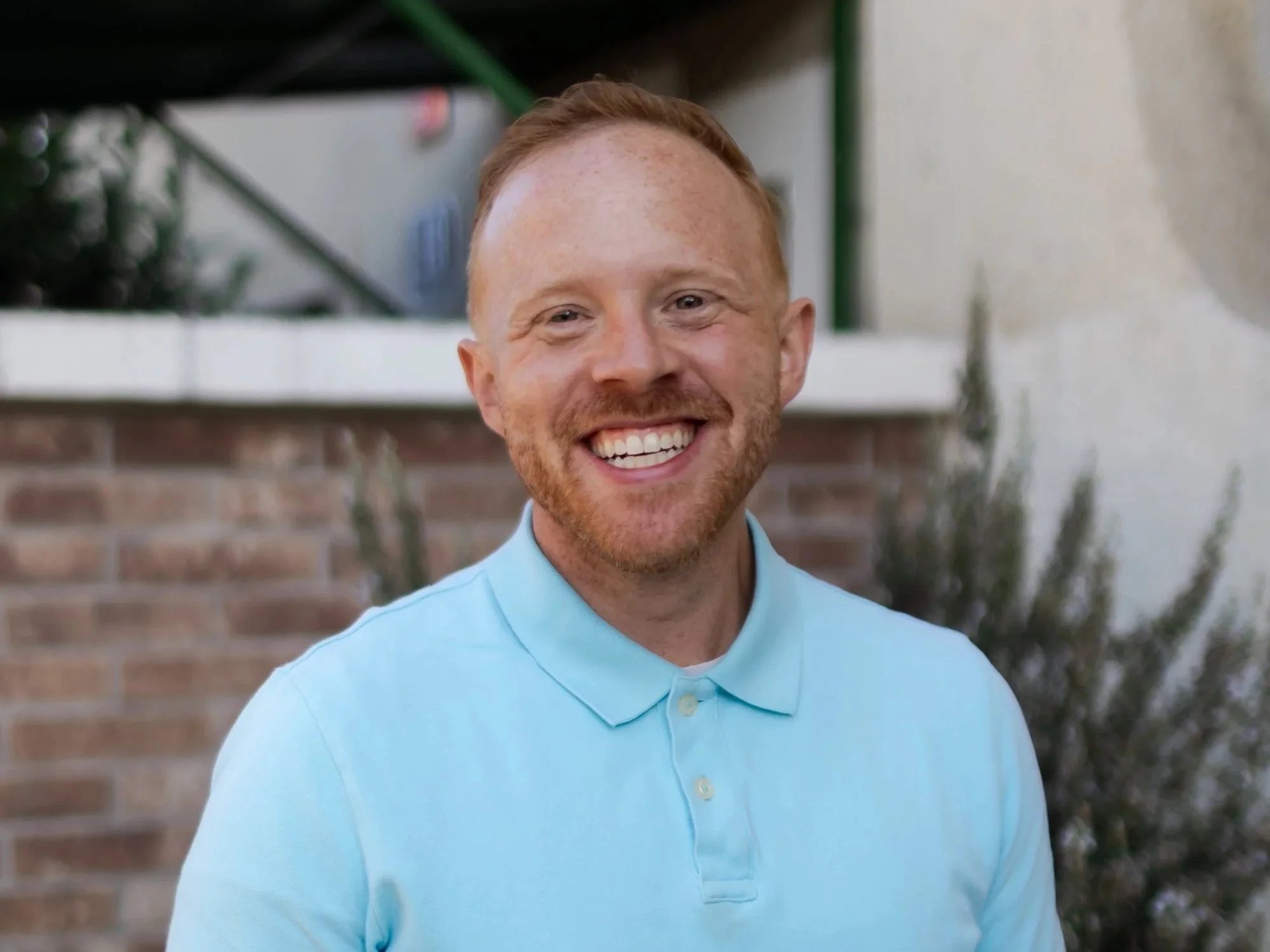What is the Church's role with taking care of our Earth?
Whenever I have the same lesson pointed out to me from multiple different places, I usually take it as a sign that I should be listening a little bit closer to it. And I never fail to walk away with part of my life changed when I take the time to lean in and be a student on the topic.
This has been happening to me recently via the various blogs, podcasts, and books in my life.
And the topic has been this:
Taking care of our home planet.
There have been several resources that have gotten me thinking (again) about my role - and the role of the Church - in what is called Creation Care.
The three main resources I’ve come across in the last few weeks are:
This podcast by 99% Invisible entitled “National Sword”. This episode - from an amazing podcast series - looks at the history of recycling in the USA and how one law by China in 2018 is reversing years of recycling processes.
This NPR article looks deeper at the impact of China’s reversed decision on being a leading recycler for the world, and how it is affecting recycling efforts in the United States.
The book A Why to Live For by Dave Rodriguez. This is a new release by a friend and role model of mine from here in Indianapolis. This book is the result of David’s decades of ministry with the church he founded on the north side of Indy. And one of his main chapters is on the issue of decay in our world and examples of different organizations, as well as everyday people, who are seeking to take better care of our Earth.
The conversion of these resources have left me with some questions:
What am I doing in my daily life that is hurting the Earth? How are my eating, cleaning, and transportation habits contributing to the decay of our home? For me, it takes resources like the ones I just listed to help me realize blind spots in my life - areas where I haven’t thought through the consequences of my actions.
What can I change/add in my life to help take better care of the Earth? The flip side of the first question is to look at our lives and see what are next steps we can take in helping lighten our impact on Creation. From shopping local (cutting down on transportation and fuel) to taking up bicycling, we can each take steps to be more eco-friendly (which, coincidentally, usually correlates to also living healthier).
What can our churches do to take the lead on caring for God’s Creation - which God entrusted us with as stewards?
What if more of our local churches made a commitment to “grow not mow”? This means taking the green spaces on our church properties and converting them from well-curated financial drains into gardens. Not only does this model (here’s one example) save money and grow produce, it also provides the opportunity to nurture community and fellowship through participation within the congregation and also the surrounding neighborhood.
How are our daily actions hurting not only nature, but also those in poverty? This question has a wealth of research behind it. You can start with this article and keep digging from there. Simply put, I’ve seen firsthand the impacts of our decaying Earth on those faced with poverty - in both American cities and West African countries.
How can we use less water in our daily lives? From washing clothes and showering to eating beef and watering lawns (see above), our daily lives in Western cultures are sustained by way too much (clean) water usage.
If this has you thinking too, you should definitely check out these three resources I mentioned above: the podcast, the article, and the book.
And finally, let me leave you with one challenge from all of this:
We cannot tackle the injustice of poverty without addressing how we treat the Earth. Those faced with poverty are the greatest impacted by trash, overly-processed food, natural disasters, droughts, and deforestation.
So the issue of Creation Care? It has to be a central issue for our churches. What are you and your church doing to break this cycle of brokenness in our world?
p.s. - One other book you should check out is Introducing Evangelical Ecotheology by Daniel Brunner. I had the opportunity to go to a training with Dr. Brunner a few years ago. His workshops and this book were one of the big first steps for me into wrestling more with my role in Creation Care.
p.p.s. - I have been deeply impacted by the books I’ve shared about in this post, and I’ve read each one of them before I decided to use Amazon affiliate links for them. If you use the links to get one of the books - or Amazon gift cards - you’re helping contribute to the viability of this blog - thanks!



